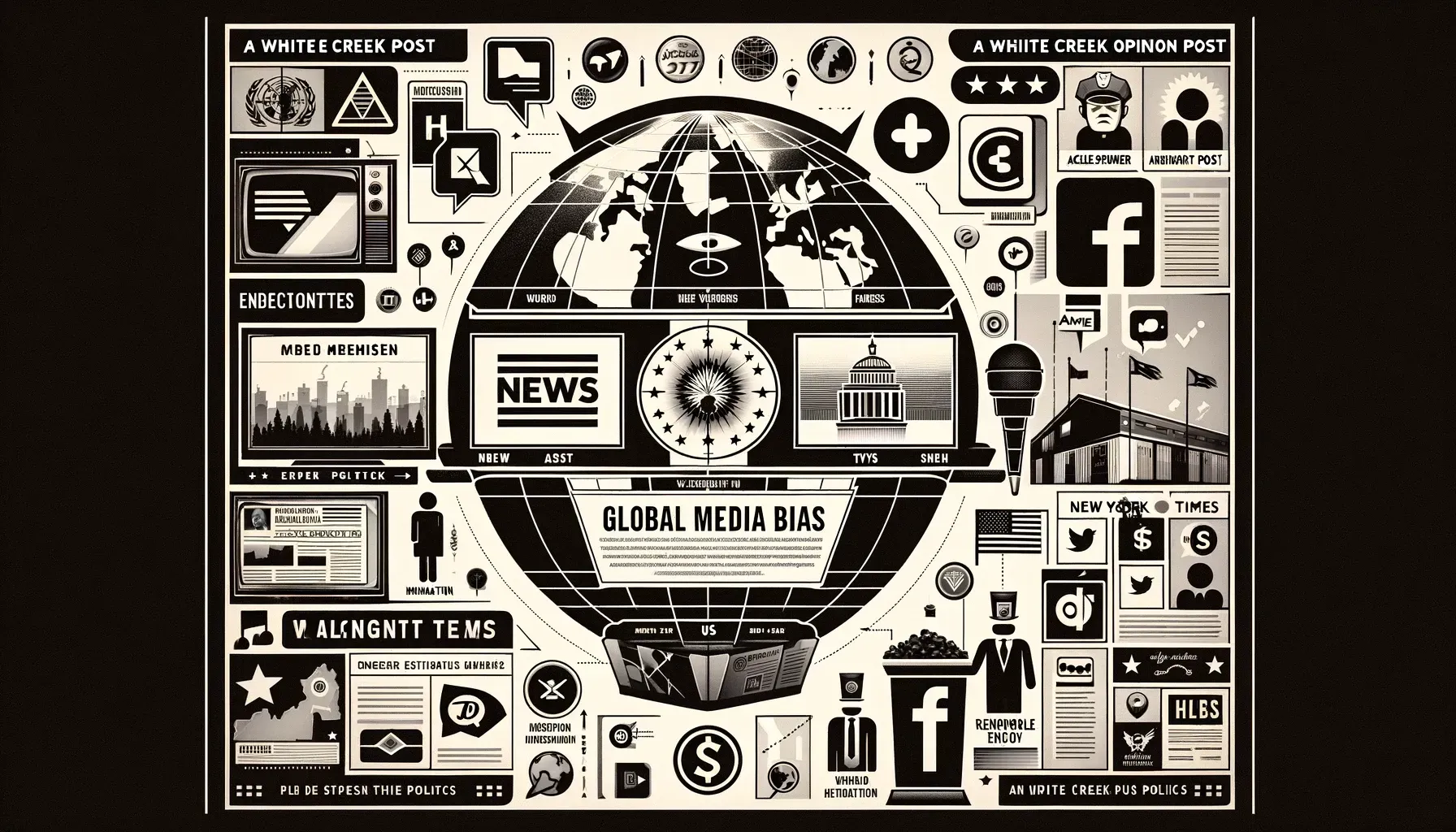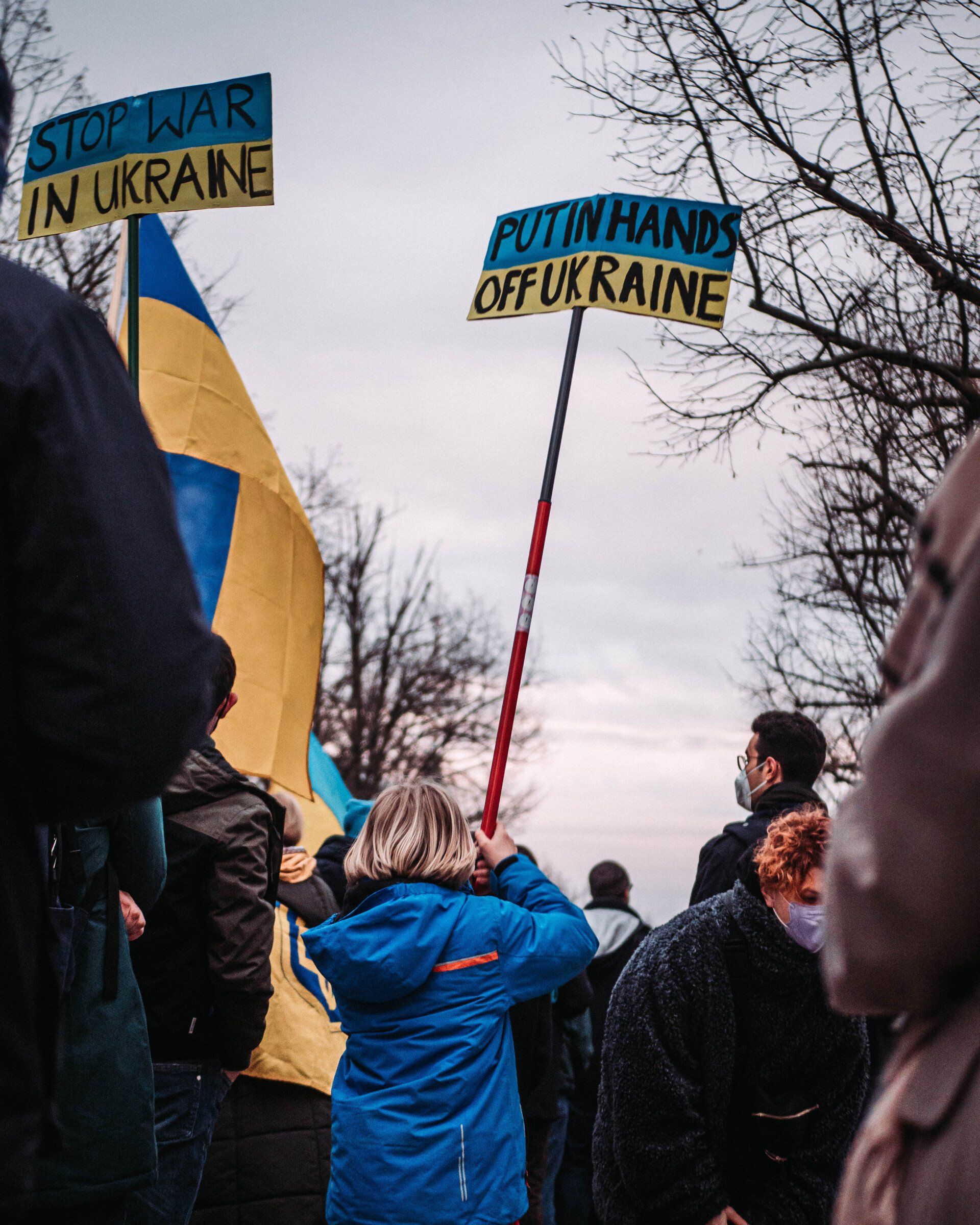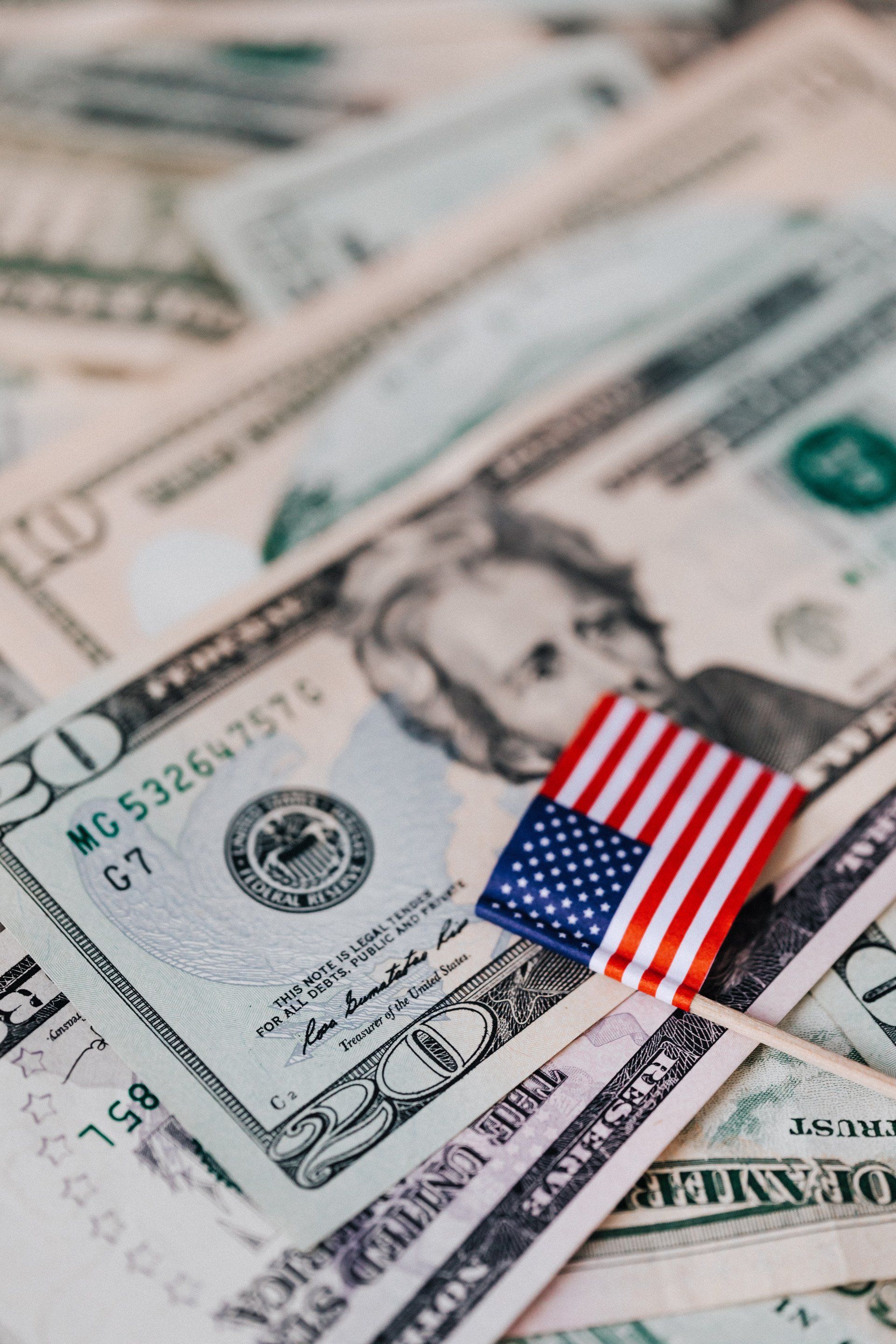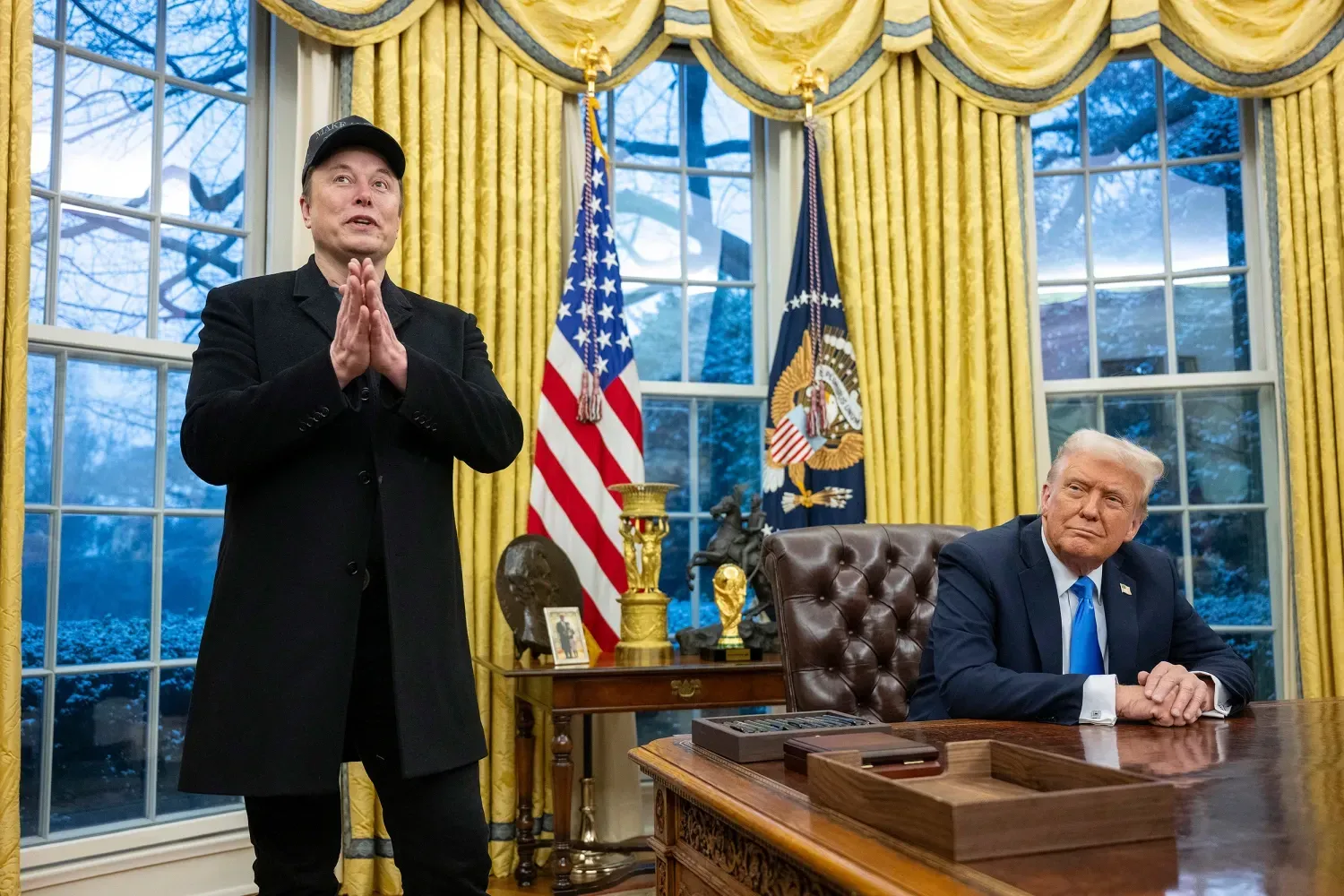Economics – August 2023
Economics – August 2023
While the United States boasts about its Oil and Liquefied Gas exports to Europe, and European political pundits applaud their decision, there is a significant downside to this. It renders the European, especially German, industries less competitive. In the event that Ukraine were to halt gas deliveries – a possibility if Germany were to cease complying with US directives – the consequences could be severe.
If no Russian gas flows through Ukraine to Europe, there is a risk of Germany's economic standstill. Economics Minister Robert Habeck warned of this as early as June 14, 2023 in
an article in the newspaper Die Welt. Literally, it says: "If Russian gas did not come to Eastern Europe to the extent that it still flows through Ukraine, what was agreed in Europe applies: Before the people there freeze, we would have to reduce or even shut down our industry."
The statement at the time is interesting in the current context: the government of Ukrainian President Volodymyr Zelensky does not want to participate in talks with Russia on the transit of Russian gas through Ukrainian territory. «We will most certainly not participate in talks with the Russians, this is absolutely clear,» said Ukrainian Energy Minister Herman Halushchenko.
While no one is openly discussing sanctions anymore, they have indeed proven effective for the United States. In contrast, Germany is facing a hefty price to pay, potentially putting the entire European Union in a precarious position. It's worth noting that while the EU is increasing taxes, it continues to spend lavishly. Meanwhile, Germany needs to pass its own industrial bill to weather a significant recession. This situation appears to be part of Bidenomics, an effort to strengthen ties between Germany and the US, possibly with the expectation that Germany will invest more in the US.
Regarding BRIC and its impact on the future, as the US solidifies its status as a global democratic leader, it seems that the free world may be contracting due to questionable economic decisions like sanctions and interference in global conflicts. The Ukraine War raises questions about whether it's primarily about promoting democracy or securing economic interests in Ukraine's resources and, ultimately, weakening Russia and gaining access to its natural resources. One might consider the evolution of trade from the early ages and ponder whether the proliferation of associations, regulations, and influence has led to what we've lost. Is it not possible for organizations like the WTO or similar regulatory constructs to effectively lead complex negotiations and provide a calming influence?
BRIC, as discussed in this article, may become more attractive to certain European countries if the Ukraine War drags on. With its connections in Africa and South America, BRIC could potentially become a formidable force countering Western alliances in the next 15 years and challenging Western influence or dominance on the world stage.
As for the United States, despite the fanfare and investments, inflation persists, leading to weakening consumer confidence. Nevertheless, the overall economic picture remains somewhat positive, with a growth rate of perhaps around 1%. Recent delegations, including Secretary Raimondo's, have been engaging in discussions with China, and some financial elites are advocating for the removal of Trump's tariffs. Germany's reluctance or economic impossibility to distance itself from China, coupled with BRIC's growing influence, might indicate that the US elite is concerned that China's progress could proceed without significant US involvement. This doesn't seem to be a position of strength.
Another intriguing article you mentioned pertains to the Biden administration's emphasis on the effectiveness of sanctions, despite the Ruble's devaluation. Interestingly, the Russian economy still outpaces that of the EU. With various companies withdrawing from Russia, it raises questions about whether they underestimated Russia's ability to manage without their presence. The economic impact of the war, with hundreds of thousands of casualties in Ukraine and Russia, prompts one to ponder the cost and purpose of it all. And as for the source of cheap energy, it remains a topic of interest.
Despite the sanctions regime, Europe is importing record volumes of Russian liquefied natural gas (LNG), the
Financial Times reports. In the first seven months of this year, Belgium and Spain were the second and third largest buyers. Only China purchased more LNG from its neighboring country. This was the result of an analysis by the NGO Global Witness.
Overall, European liquefied natural gas imports from Russia increased by 40 percent between January and July compared to 2021, before the start of the Ukraine war. The jump is so high because the EU states previously mainly purchased pipeline gas. Nevertheless, the increase is surprisingly high, as Russia's LNG exports have increased by only 6 percent overall.
Part of the Economy and perhaps the reason GDP growth kept steady?
Global military spending has reached a new high. Mainly due to the Russian war of aggression against Ukraine, they rose by 3.7 percent to 2.24 trillion dollars in 2022 after adjusting for inflation, the equivalent of around 2.04 trillion euros, according to the Stockholm peace research institute SIPRI. For the eighth year in a row, the countries of the world invested more money in the military than in the previous year.
The USA remains the clear leader, Germany seventh. "The continuous increase in global military spending in recent years is a sign that we live in an increasingly uncertain world," said Sipri researcher Nan Tian. In response to the deteriorating security environment, states strengthened their militaries - and they did not expect this environment to change for
the better in the near future.
And now what is the word about Ukraine Corruption? Was Mr. Biden asking to remove the wrong Prosecutor, so that the channels do not get interrupted?
Nearly all surveyed Ukrainians — 89% — in a newly released survey said
corruption was the country's most serious problem after the war against Russia. The poll came out as Ukrainian President Volodymyr Zelenskyy launched an investigation into bribery related to military recruitment.
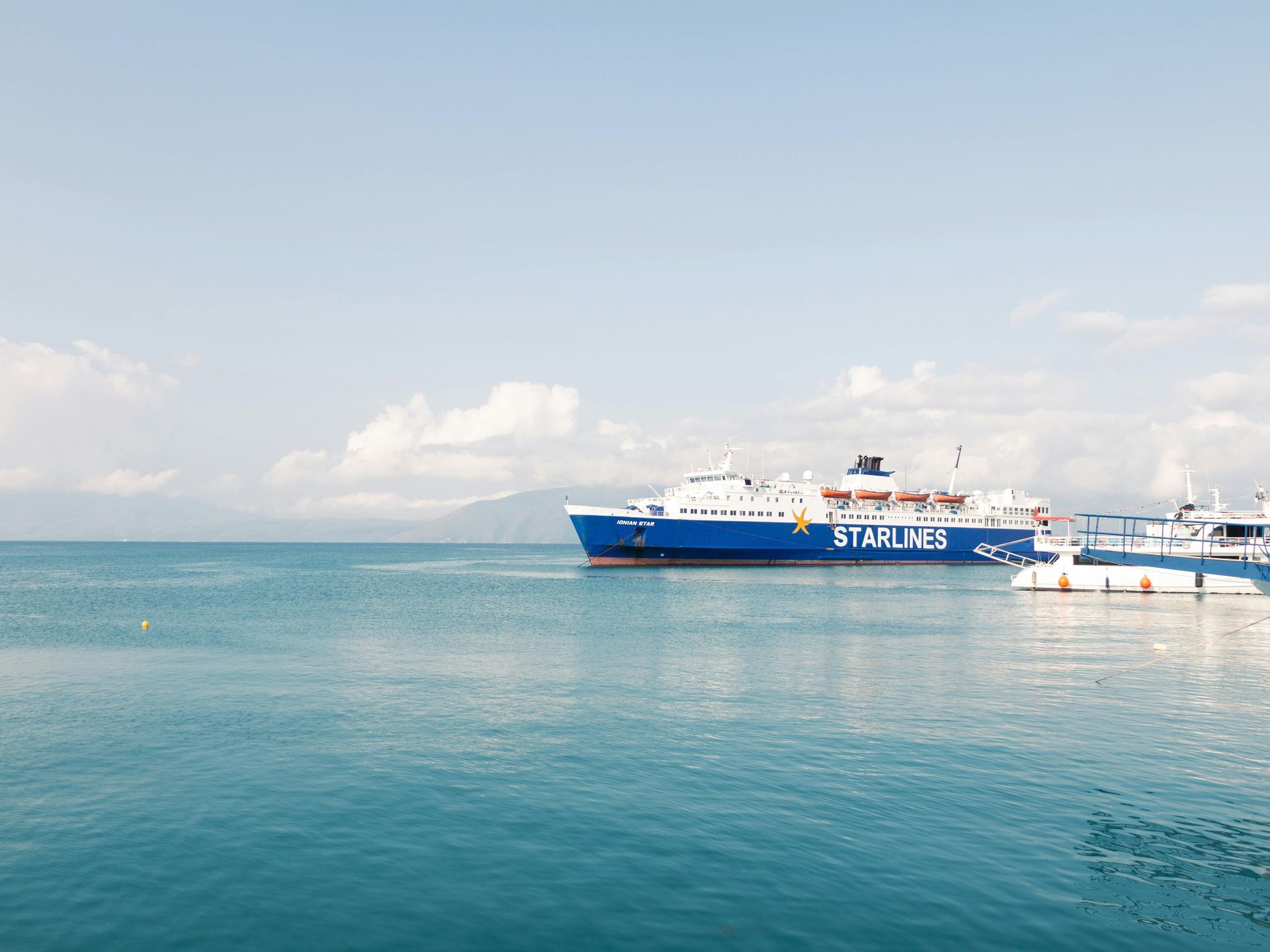
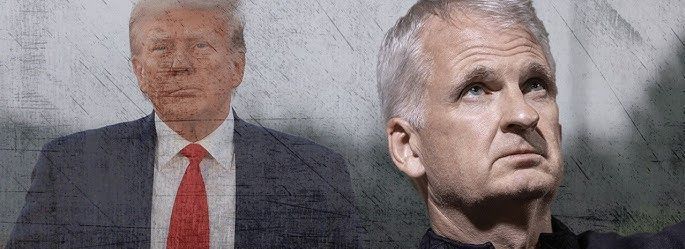
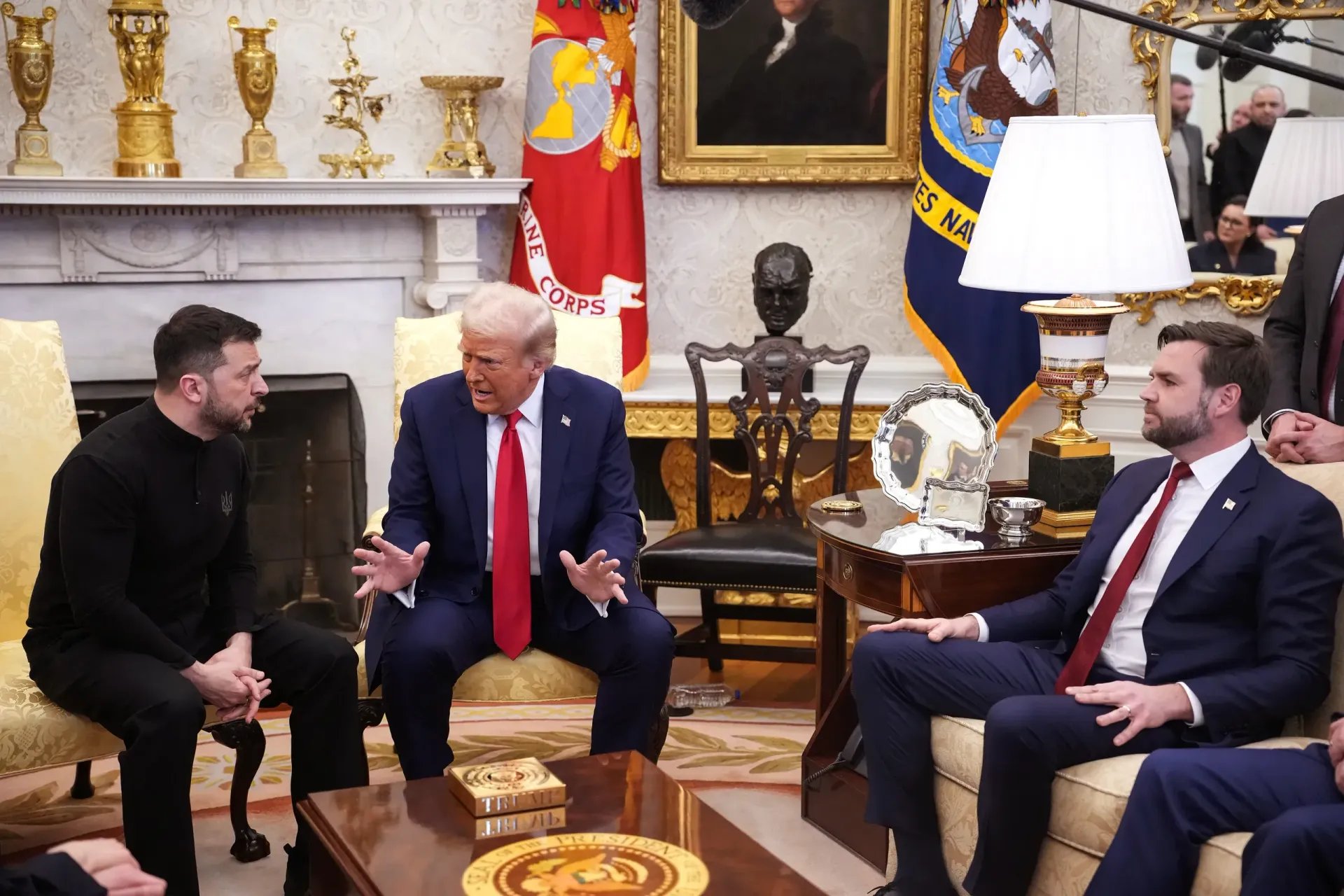
Sign Up For Our Newsletter
We will get back to you as soon as possible
Please try again later


